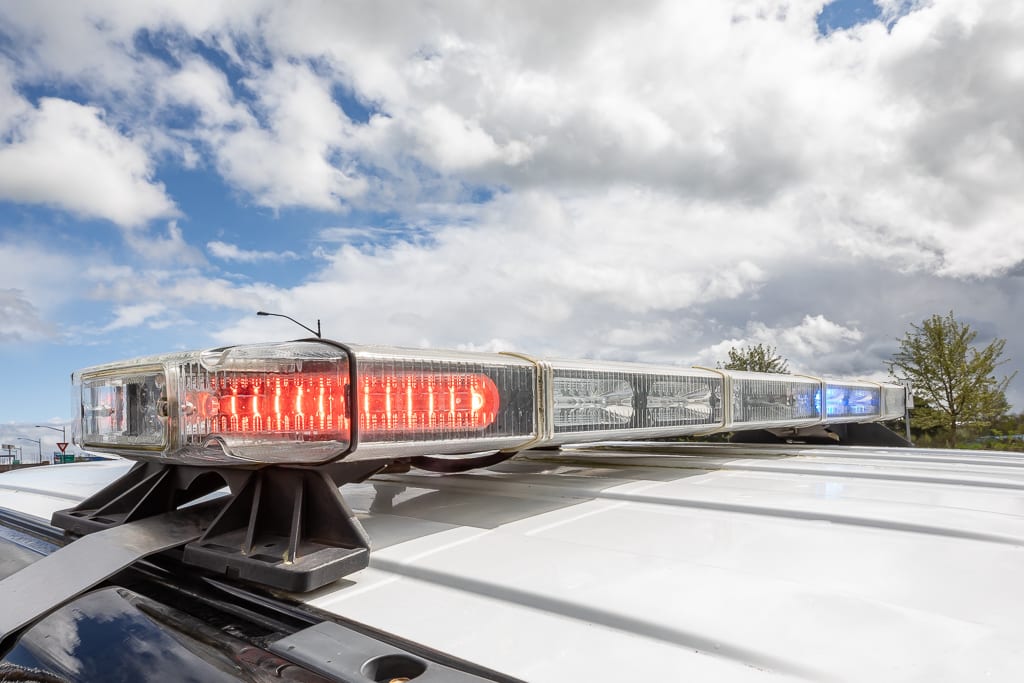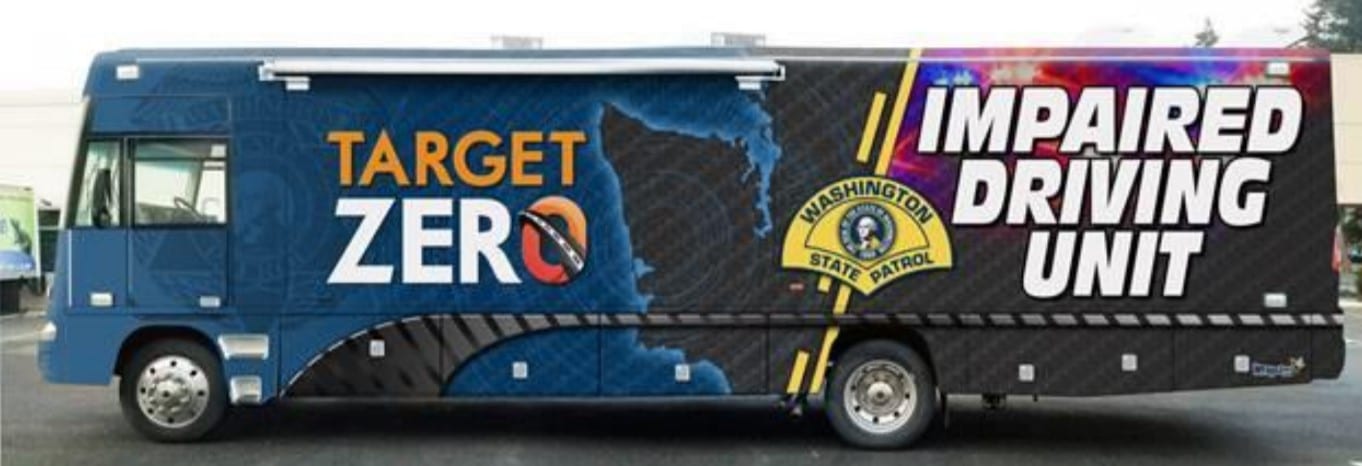There were 392 crashes statewide connected to marijuana between 2015 and 2019
VANCOUVER — The last time April 20 fell on a Saturday, Washington State Patrol (WSP) data shows collision increases nationwide were similar to Super Bowl Sunday. That was in 2013, five months after recreational marijuana was legalized in Washington State, and before pot shops sprang up in cities across the state.

According to a new report by Davis Law Group out of Seattle, there have been 392 marijuana-related traffic incidents in Washington State between 2015 and 2019. Of those, 37 were fatal crashes, 22 involved serious injuries, 110 were minor injury crashes, and 215 collisions did not result in any injuries. Eight collisions were recorded as “unknown injury” according to data from WSP.
Saturday was, of course, the day with the most marijuana-related crashes, with 68, followed by Friday at 61 and Sunday with 59.
“It’s not like it’s not happening on Monday or Tuesday,” says Matt Jones, content manager for Davis Law Group, “but I think just more people out on the roads driving, not having to work on 4/20 could maybe see more crashes.”
While the numbers are interesting, they lack some context. For instance, over the same four-year period, a search for collisions statewide, of any time, involving a driver under the influence of alcohol returned over 20,000 results.
“It’s not a whole lot of data,” says Matt Jones, content manager for Davis Law Group. “It’s only four years, and I think the testing is still kind of imperfect for a lot of these things.”
While a simple breathalyzer test, or field sobriety test, can determine if someone was drunk at the time of a crash, figuring out if someone is high can be much more difficult.
“It’s not as simple as a field sobriety test with the marijuana thing,” says Jones. “So they (law enforcement) kind of have to be more on top of it, it can’t just be like a roadside thing.”
Washington State Patrol has been working to train more Drug Recognition Experts (DREs), who are better able to recognize signs of marijuana or other drugs during a traffic stop. They also recently upgraded their Mobile Impaired Driving Unit, which acts as a police station on wheels including the ability to draw blood in the field and conduct tests.

“The MIDU vehicle is an important part of our mission in both prevention and investigation of driving while impaired by drugs or alcohol,” said WSP Chief John Batiste in a news release. “We hope everyone makes a plan to have a sober driver, taxi, or ride-share to get home safely this Saturday. We all deserve safe roadways every day of the year.”
The MIDU will be in Bellevue, Washington this weekend, and then in Vancouver on April 26.
Perhaps unsurprisingly, the data did reveal that the majority of crashes involving someone under the influence of marijuana happened between the hours of 4 and 5 p.m.
During that hour, 41 of the 392 recorded incidents happened, with the next-closest being between 7 and 8 p.m., with 29 incidents.
The evolution of 4:20’s connection with marijuana reportedly began in the early 1970’s with five high school friends in San Rafael, California who called themselves “the Waldos.” The group had learned of a possible abandoned crop of cannabis, and set 4:20 p.m. as the time to meet up at a statue of Louis Pasteur on the grounds of their high school in order to search for the missing weed stockpile. Steve Hager wrote of the group in “High Times” magazine, saying “4:20” was spread among Grateful Dead fans after one member of the Waldos became a roadie for Phil Lesh, bassist for the group.
Whatever the truth, 4:20 p.m. became the socially accepted time for smoking the drug, and April 20 has become an unofficial stoner holiday worldwide, with pro-pot events happening across North America over the years.
It has also become a date for law enforcement across the country to step up enforcement, and with the “holiday” falling on a Saturday this year, WSP and other local agencies will be especially vigilant.
Vancouver tops the list
While Vancouver is just the fourth-largest city in Washington state, Jones says their data showed the city had the highest number of marijuana-related crashes since 2015 with 19. Kent and Spokane each had 18, with Tacoma at 17 and Seattle at 16.
Of those 19 crashes, only one happened on I-5. Seven pot-related crashes were recorded by WSP, 10 by local police departments, and two by Clark County deputies.
As for why Vancouver saw more pot-related crashes, Jones says the data isn’t clear.
“Maybe fewer people are taking Uber and things like that,” he speculates. “I think in bigger cities that’s more accessible or more people are bound to use Uber or Lyft, or maybe ride the bus if they’re getting high.”
It could also be that law enforcement in Clark County is more vigilant when it comes to watching for signs of marijuana or other drugs when investigating a crash.
Either way, they’ll be out in force this weekend, making sure drivers aren’t celebrating this unofficial stoner’s holiday and then getting behind the wheel.
“We don’t want to see crashes, we don’t want to see people getting hurt,” says Jones. “We just want to have just that general safety culture that I think the State Patrol, people like you who are reporting on this, everybody just kind of wants fewer crashes and people to be safer, especially on a holiday like that.”
Marijuana moratorium
The report released by Davis Law Group could prove interesting as the Clark County Council continues the debate over whether or not to lift the 2014 moratorium on marijuana-related businesses in unincorporated Clark County. A second work session on the issue has been scheduled for May 1.
County Manager Shawn Henessee says he won’t try to predict which way the council is leaning on the matter, only that there are “strong disagreements” among the members. New District 1 Councilor Temple Lentz has already publicly signaled her desire to overturn the ban in order to bring in revenue for drug enforcement to the county. Council Chair Eileen Quiring is a vocal opponent of overturning the ban.
Even if the moratorium is eventually lifted, Henessee says there wouldn’t be an overnight influx of the cannabis industry into the unincorporated areas. The state only grants a certain number of marijuana licenses each year, and there are only a couple currently being held in Clark County. There are also questions of how the county would handle the businesses, requiring further discussion over zoning and county code.




